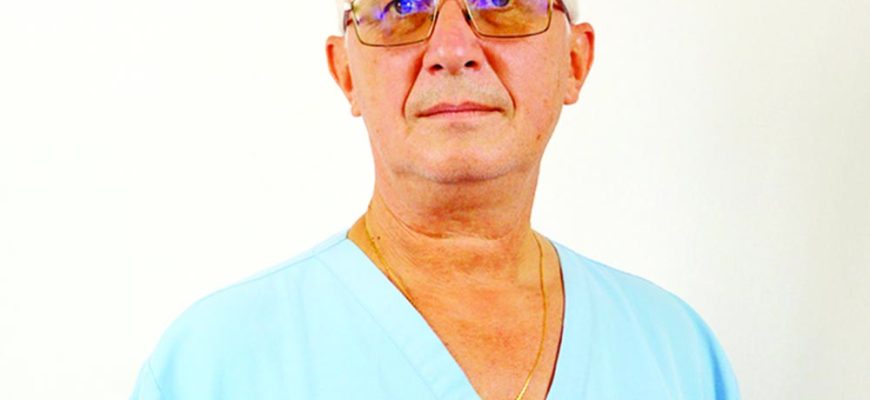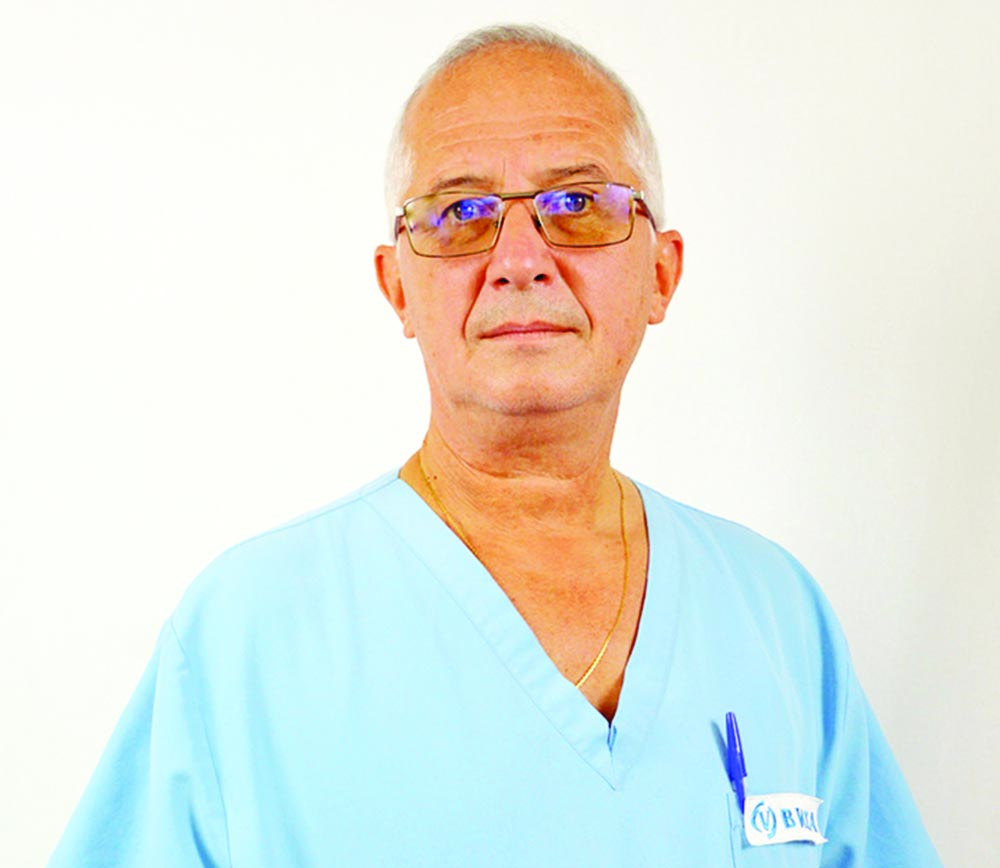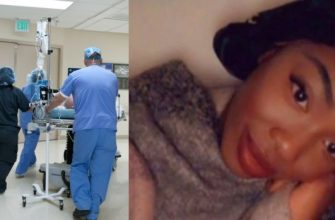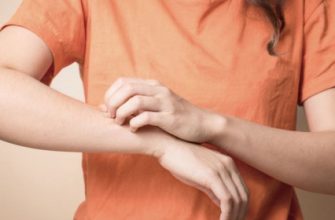Dr. Veselin Lyutskanov, MD, is a surgeon at Vita Baza 2 General Hospital. Since 1994, he has been actively researching the problem of diagnosis, treatment and follow-up of patients with abdominal hernia. For the period 2005-2022, he performed thousands of hernia operations with excellent results, quick recovery and patient satisfaction. In his more than 30 years of practice, Dr. Lyutskanov worked at Vita Medical Center; Tokuda Hospital; MC “Kalimat”; UMBAL “St. Ivan Rilski”; Pirogov Hospital.
His doctoral dissertation is on “Inguinal Hernias – Optimizing Surgical Treatment”. Dr. Veselin Lyutskanov has a number of qualifications in Bulgaria and abroad, including Hernia Treatment Course “Hernia Cloths” in Slovenia and Laparoscopic Hernioplasty Course in Sweden. He is a member of the Bulgarian Surgical Society. Participates in numerous congresses and seminars on the specialty. He is the author and co-author of over 50 publications and communications in scientific periodicals and surgical forums.
Why is the number of elderly people with abdominal hernias increasing? Is this condition being neglected? What is the correct treatment algorithm for adult patients with such a diagnosis and when is surgery urgent? See the answer to these and other questions in the interview with Dr. Veselin Lyutskanov.
– Dr. Lyutskanov, does the risk of hernias in elderly people increase with age? If so – why?
– Yes, it’s growing. With the development of science and the advancement of medical care throughout the world, human life expectancy is increasing. Modern knowledge has achieved significant results in the treatment of cardiovascular diseases, diabetes, cancer, autoimmune diseases and many others.
This in turn increases life expectancy in general and has led to an increase in the number of elderly people worldwide. Naturally, a very large number of them have accompanying chronic diseases that complicate medical care for them. In this regard, with advancing age, the number of people with abdominal hernias progressively increases.
It is very important to know that hernias in adults develop much faster because the tissues weaken. And the growing hernia increasingly interferes with the daily life of the elderly person. He begins to find it difficult in everyday life, it is more and more difficult for him to serve himself, look after his kindergarten, help the young, enjoy his grandchildren and they enjoy him.
– Do you think that this condition is neglected just because the person is old? Was it from themselves and their relatives, was it from the doctors?
– Yes, there is such a moment. First, both the patient and his relatives hesitate, saying to themselves: how long does he have to live; why put it at risk etc. No one knows how long a person has to live, but it is good to be as comfortable as possible and, of course, to reduce suffering. There are many colleagues who, when they see a very old and sick person, do not deal with the treatment of his hernia. He is advised to wear a seat belt and be safe. Convenient, easy, but risky solution.
Because the belt does not protect against complications and increases the risk of the operation, worsens the status of the hernia and supports the formation of adhesions, the skin becomes inflamed and hygiene becomes difficult.
Dr. Georgi Kotashev: Hernia can only be treated with surgery
– And what is characteristic of hernias in old age? Is there a difference in the main characteristics of different types of hernias?
– The characteristic is that the frequency of large and prolapsed hernias is much higher. But there is no difference with the main characteristics of the types of hernias.
– Dr. Lyutskanov, let’s recall the symptoms, the clinical picture of the disease…
– Symptoms are swelling, increasing discomfort and pain in the hernia area. Complaints are worse when standing and decrease or disappear when lying down and at rest.
– It is time to ask you what complications can occur if this disease is not treated in time?
– The main complication is the reduced quality of life with a hernia. It swells up, hurts a lot and won’t go home. Vomiting and worsening of the general condition gradually appear. All this, as I mentioned at the beginning, greatly complicates the daily life of the sufferer.
It deprives him of the opportunity to live quality and enjoy life. Worse, however, is the increased possibility of serious complications, the most dangerous of which is entrapment.
Dr. Veselin Lyutskanov
– Is this the condition that cannot be delayed?
– Yes, being stuck is a condition that does not tolerate any delay. Emergency surgery with all its risks is imperative in an injured and unprepared patient. The risk of complications in such an operation increases many times compared to the risks of a planned operation in a prepared patient. A hernia is such a defect of the human body that grows over time and the treatment can only be mechanical or operative.
– Let’s talk about the correct approach to therapy for this disease. What algorithm is used when an elderly patient with a hernia comes to you?
– It is important to consider each individual case in detail after examination and consultation with the hernia specialist. The doctor must make a timely examination and comparison of the specific hernia with all other diseases of the patient, as well as the possibility of compensation through treatment or surgery. The specific risk and modern options for sparing anesthesia, including local, are evaluated. Discussed:
• how much the hernia worsens the quality of life and how dangerous it is for the patient;
• what are the accompanying diseases and can they be compensated;
• what is the specific risk and to what extent is it possible to apply a belt (bandage) for hernia;
• what is the risk of surgery;
• but also what is the risk of waiting?
– When are there contraindications for such therapy?
– Age in itself is not a contraindication for anything. Indeed, in old age there are more concomitant sufferings, but modern options for compensating and treating these diseases, sparing methods of local anesthesia and modern hernia operations have significantly reduced the risks of elective surgery to a minimum. While with a stuck hernia and emergency surgery, the risk is between 6 and 23%.
Even a strong cough can pinch the hernia
– Can you give a specific example or examples of elderly patients that you have treated in this way?
– In my many years of experience with the treatment of patients with hernia, we have very rarely refused help to such “hopeless” cases. Our oldest patient underwent such surgery at the age of 95. And we’ve successfully dealt with a huge twenty-year-old inguinal hernia that has made his life quite difficult.
After the operation, the patient continued to enjoy life, follow the championship matches and enjoy his great grandchildren who supported him unreservedly. Why? Because he looked after them, he cared for them, he raised them, he loved them. And now he is getting that same love and care back.
– Is there a prevention of hernias?
– Prevention includes everything from a reasonable lifestyle. It is a disease that basically has prerequisites laid down in the anatomical features of each specific person. Another important direction is preventive examinations by a specialist surgeon and herniologist. In the case of a pronounced hernia, it is appropriate to perform planned surgery early, before the hernia has become large and complex, and the patient has advanced with age and diseases.
Older people are people like all of us. And they live longer. That is why care and support from relatives are necessary for the years they have left, so that they feel as comfortable as possible.
Yana BOYADJIEVA









